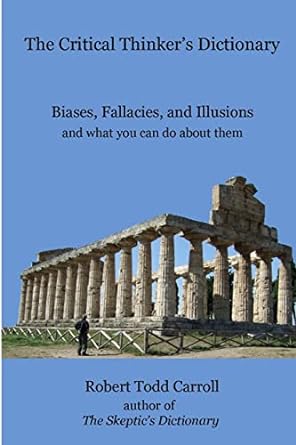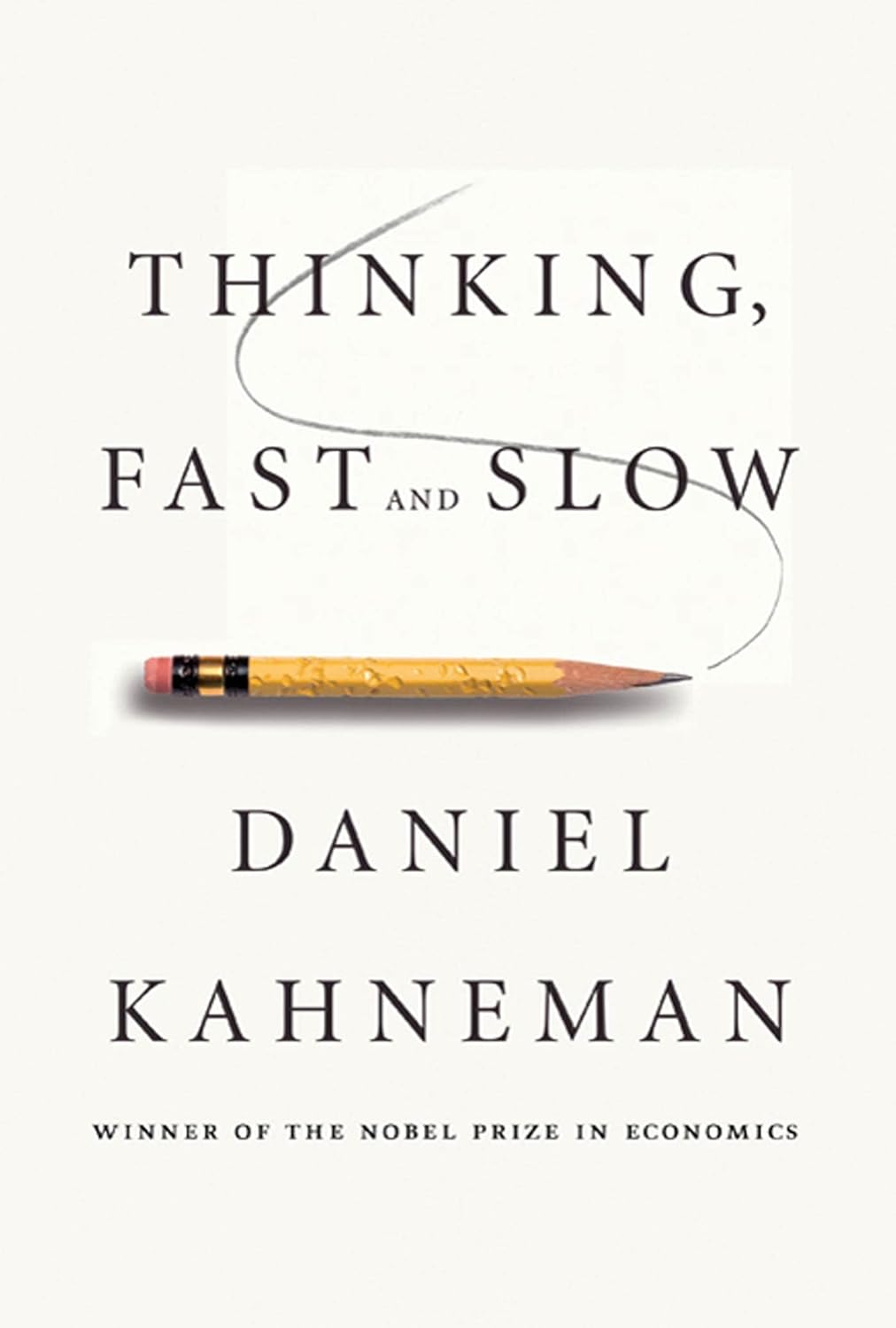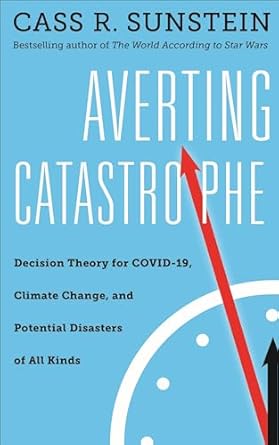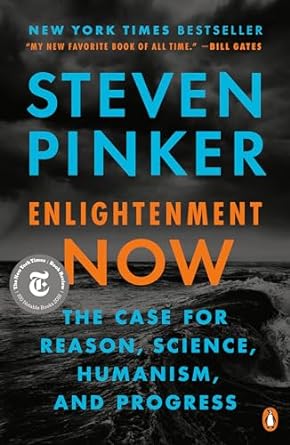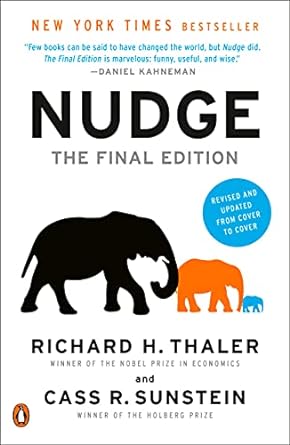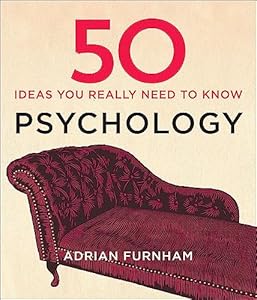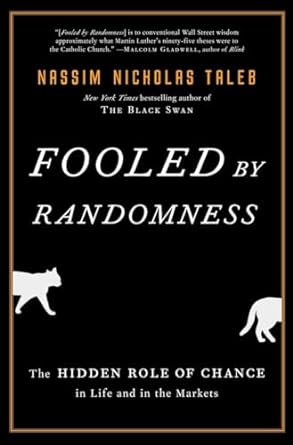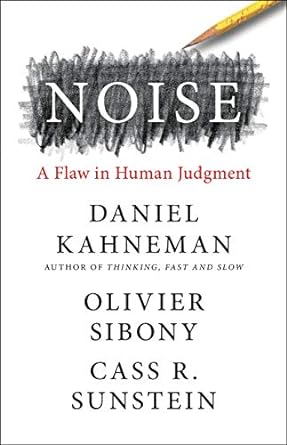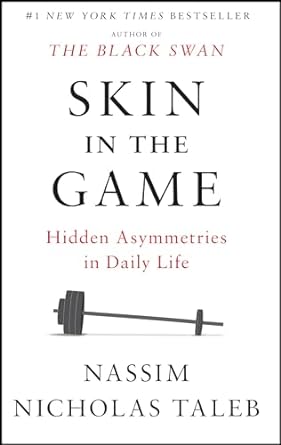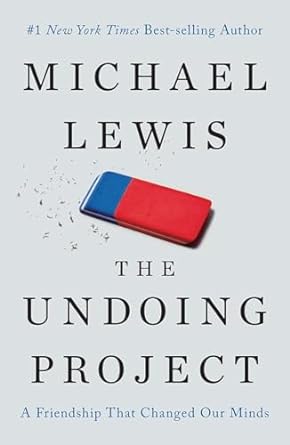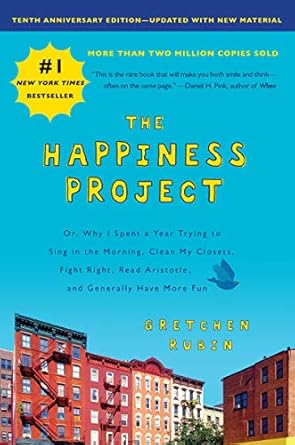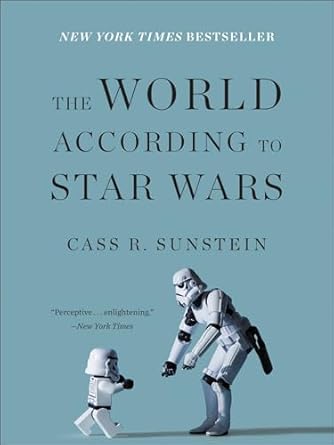Availability Heuristic
A mental shortcut that relies on immediate examples that come to a given person's mind when evaluating a specific topic, concept, method, or decision. This can lead to overestimating the likelihood of events occurring, simply because they are more memorable.
Key Insights & Principles
Decision Making
Insights:- We often base decisions on how readily information or examples come to mind.
- Our judgement of probability and risk is often based on the availability heuristic.
- Media impacts our decision making.
- Judge risk and probability on long term averages, not easy to recall, recent examples.
- Research and gather relevant information and examples.

